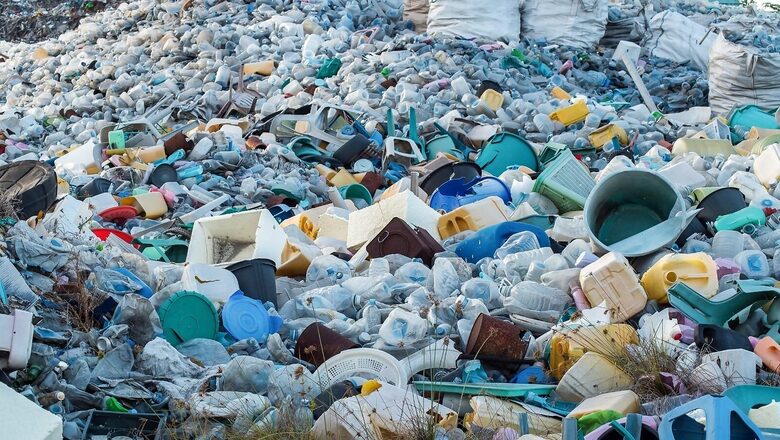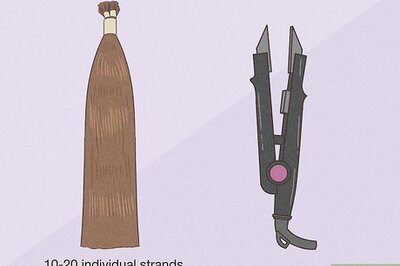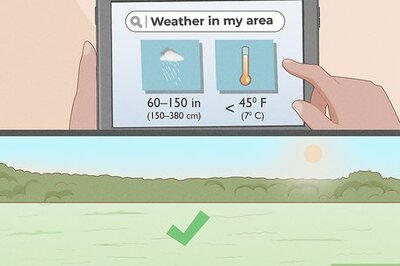
views
A new report from the World Health Organization has highlighted the overabundance of medical waste around the world caused by the coronavirus pandemic.
The thousands of tons of extra garbage — discarded syringes, old test kits and used vaccine vials — has strained waste management systems and is threatening both human health and the environment, the World Health Organization said this week.
The agency, which is part of the United Nations, said that most of the estimated 87,000 tons of personal protective equipment and supplies for coronavirus testing and vaccinations — distributed to countries from March 2020 to November 2021 through a U.N. emergency initiative — has ended up as waste.
In addition, more than 8 billion coronavirus vaccine doses given globally have produced 143 tons of trash in the form of syringes, needles and safety boxes. Some of the waste could expose other people to needle punctures and disease-causing germs, the report said.
“It is absolutely vital to provide health workers with the right PPE,” Dr. Michael Ryan, the executive director of the World Health Organization’s health emergencies program, said in a statement. “But it is also vital to ensure that it can be used safely without impacting on the surrounding environment.”
To combat these problems, the report recommends the use of “eco-friendly” packaging and shipping, along with reusable equipment and products made from recyclable or biodegradable materials.
The report also noted that 30% of health care facilities worldwide could not handle the amount of garbage they were creating even before the pandemic. And that number grows to as much as 60% in the least developed countries. The trash can contaminate the air in nearby communities when it is burned, pollute water and attract disease-carrying pests, the report’s authors wrote. They called for increased investment in cleaner waste-treatment technologies and recycling.
Solid waste experts have said that high volumes of personal protective equipment have been misclassified as hazardous. Much of that material is dumped in burn pits because it is excluded from normal trash.
“The report is a reminder that although the pandemic is the most severe health crisis in a century, it is connected with many other challenges that countries face,” said Tedros Adhanom Ghebreyesus, the WHO director-general.
The estimate does not include the trash from hundreds of tons of supplies that were not distributed through the U.N., or face coverings and at-home testing kits used by the general public.
Read all the Latest Lifestyle News here


















Comments
0 comment